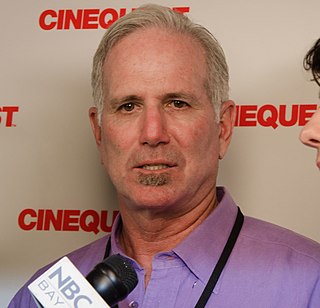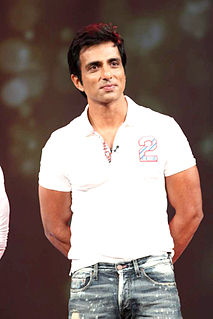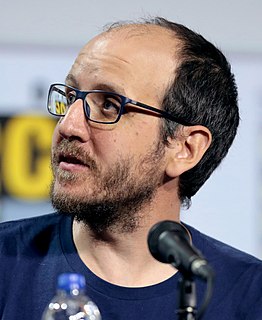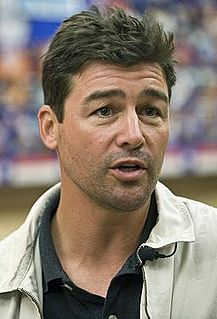Цитата Лизы Джой
Когда я пишу скрипт, у меня на ноутбуке есть все старые версии скрипта. Они сохраняются в качестве резервных копий на случай, если что-то пойдет не так.
Темы цитат
Связанные цитаты
Я использую импровизацию в качестве инструмента письма, чтобы помочь создать материал, который входит в сценарий, но хорошо продуманный сценарий не должен звучать как сценарий, и часто люди путают то, что выглядит как импровизация, с тем, что на самом деле является очень хорошо написанным сценарием, который хорошо сыгранный.
С каждым сценарием я пишу записку своему соавтору, в которой говорится: «Я пишу полный сценарий. Но смотрите на это как на руководство. Вы ведете нас туда, куда нам нужно, любым удобным для вас способом. Я пытался написать что-то специально для вас. Если вы согласны с моим выбором, хорошо. Если нет, то делайте то, что должны делать».
Когда вы начинаете как актер, вы читаете сценарий, думая о нем в лучшем виде. Но обычно это не так, и обычно вам приходится читать сценарий и думать о нем в худшем его проявлении. Вы читаете это и говорите: «Хорошо, насколько это может быть плохо?» в первую очередь. По плохому сценарию нельзя сделать хороший фильм. Можно сделать плохой фильм по хорошему сценарию, но нельзя сделать хороший фильм по плохому сценарию.
Любой хороший фильм или сценарий обычно, если они делают свою работу, дают актеру самую высокую платформу, с которой он может спрыгнуть, и этот сценарий был там очень высоко. Это был очень умный, плотный сценарий. Когда мы добрались до съемочной площадки, было много импровизации, но там также было много оригинального сценария.






































